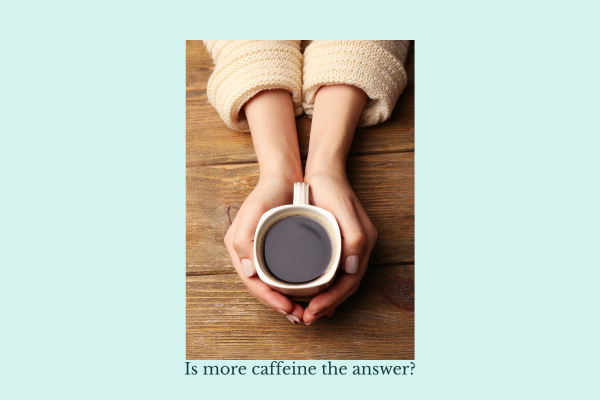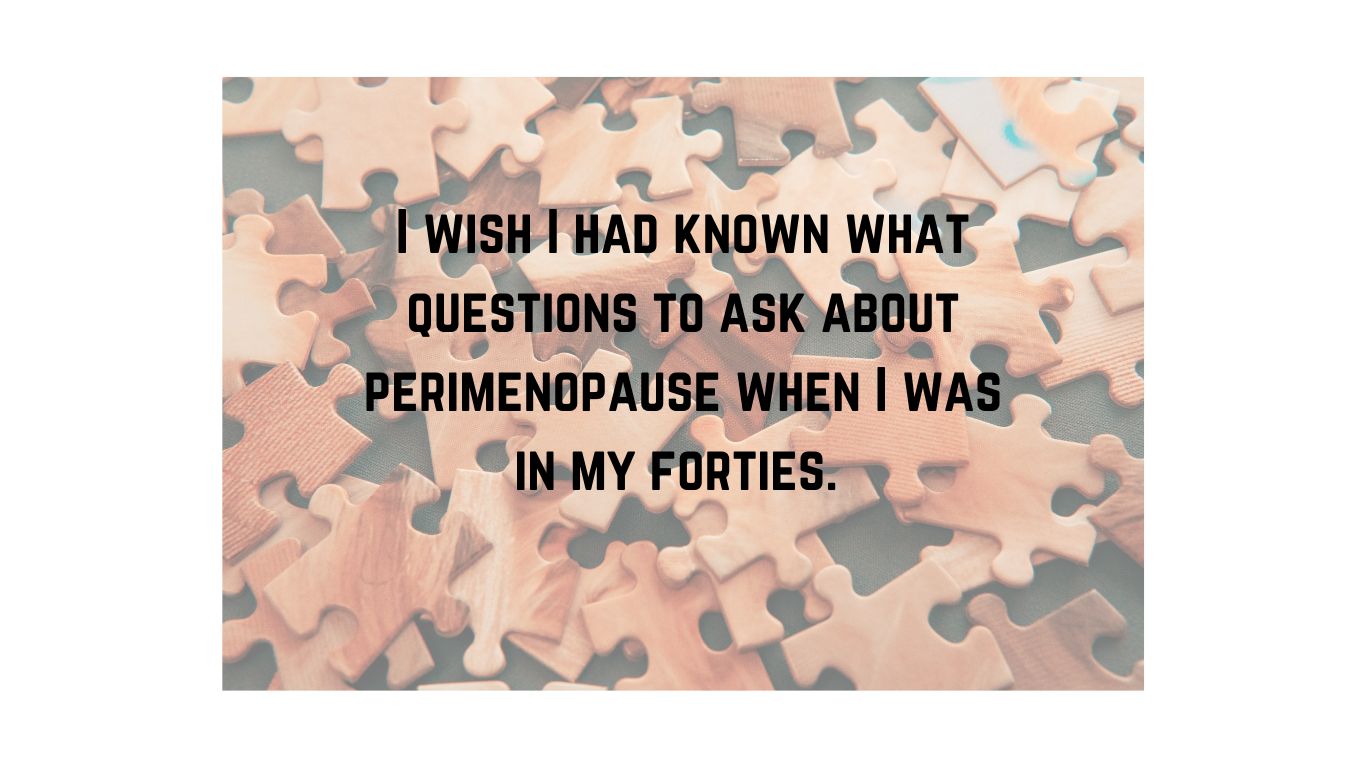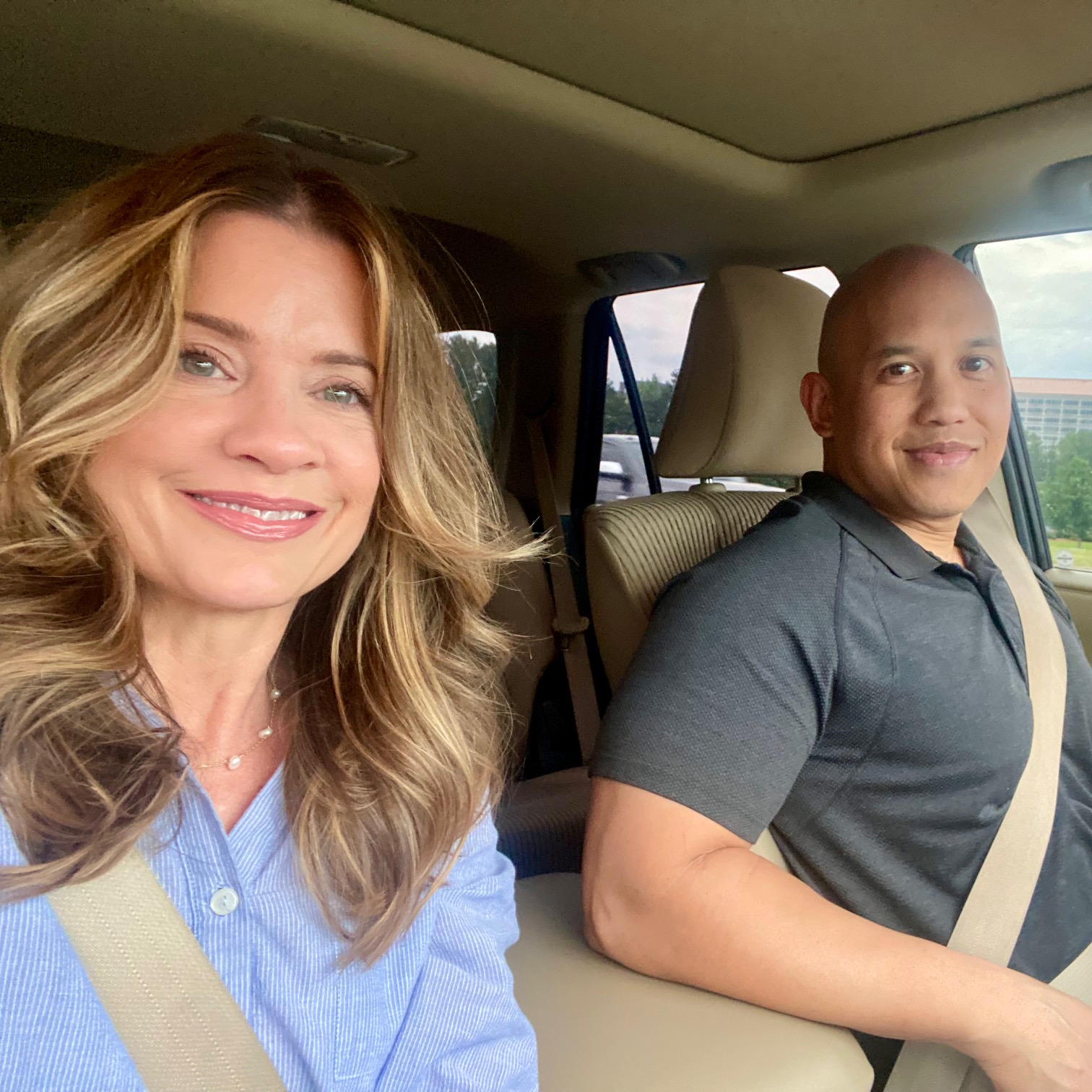-

Is Caffeine the answer to the afternoon crash?
Does that 3pm crash feel like you’re hitting a brick wall? Probably not just “getting older.” That afternoon crash isn’t just aging, it’s your brain begging for support. Let’s take a deeper dive instead of blaming our age for things we can fix. When your meals are missing key nutrients, your blood sugar drops, and…
-

Rethinking Exercise
Somewhere along the way, we were taught that exercise is penance for eating. But in midlife, movement becomes something way more powerful, it’s a gift we give ourselves. It’s the way we keep up with our kids/grandkids, protect our bones, and clear our minds. Fitness isn’t about shrinking; it’s about strengthening physically, mentally and emotionally….
-
Muscles May Move Us, But Ligaments and Tendons Hold Us Together
As we age, we often hear the call to “build muscle” and for good reason. Muscle mass supports metabolism, protects against frailty, and helps us stay functional. But strength isn’t just skin-deep. If we only focus on muscles, we’re missing the silent supporters that truly hold us together. 🔹 Ligaments (which connect bone to bone)🔹…
-
✨Creatine: The Most Underrated Supplement for Midlife Recovery and Brain Health
Nine or so months ago, I started taking 5 grams of creatine daily not to bulk up, but to support my recovery, energy, and brain health. Twenty years ago, I thought creatine was just for guys trying to gain muscle. I was wrong. It turns out, this simple, affordable supplement is incredibly beneficial for anyone…
-

What Do You Do When Lifestyle Changes Aren’t Enough?
You can eat clean, exercise daily, take all the supplements and still feel like a stranger in your own body during menopause. Lifestyle shifts are powerful, but sometimes they’re not enough. When hormones dip, no amount of protein or fiber can fully replace what your body’s missing. That’s where hormone therapy can be a game-changer….
-

Women need testosterone
Testosterone matters for women, too. It impacts energy, muscle mass, and even libido. Most people think of testosterone as a “male hormone,” but women’s bodies naturally produce it, just in smaller amounts. Testosterone plays a crucial role in muscle strength, bone density, brain function, and even mood. But as we enter perimenopause and menopause, our…